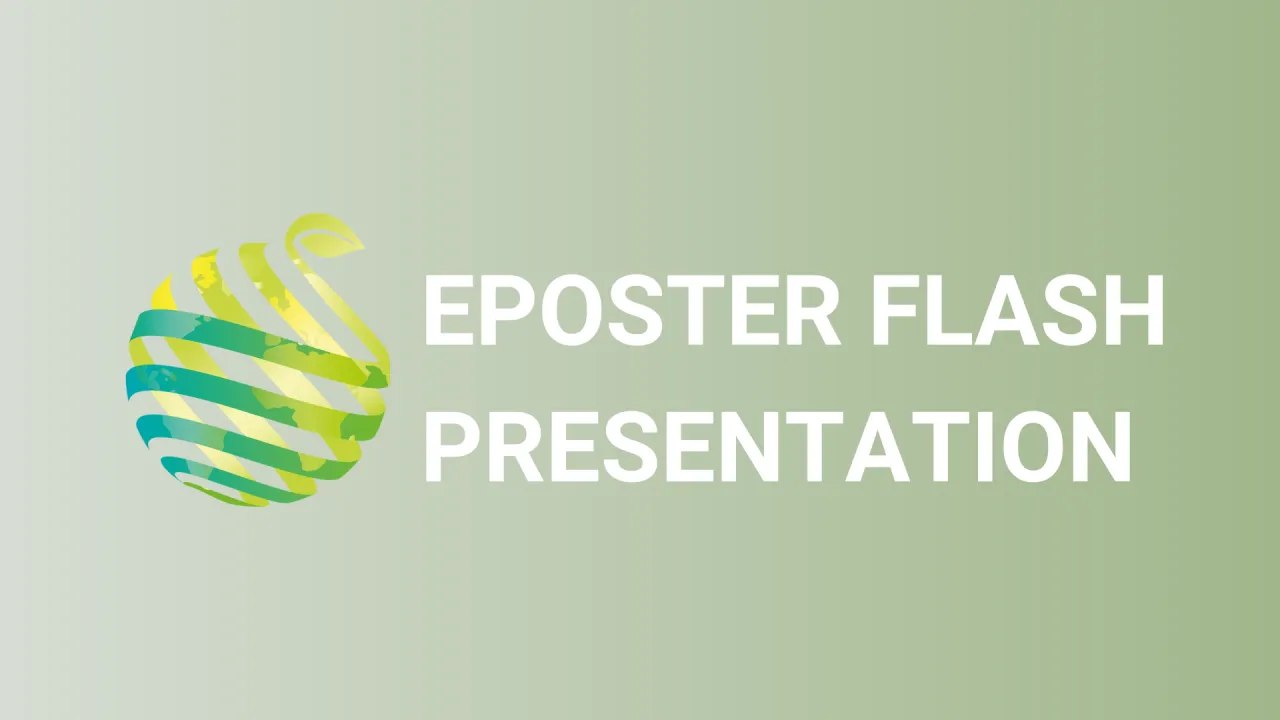

S06 - Session P9 - Low-Cost Automated Phenotyping of Canopy Size and Pigmentation Using Multispectral Imaging
Information
Authors: Changhyeon Kim *, Benjamin Sidore, Kahlin Wacker, Marc van Iersel
Multispectral imaging has emerged as a good phenotyping tool because it can quantify canopy size, stress symptoms, and pigmentation in a non-invasive and rapid manner. Commercially available systems are expensive and frequently do not support automated image analysis. However, automated analysis of multispectral images is required for large-scale applications. We developed a low-cost (~€230 or $260), fully automated imaging and analysis system to estimate canopy size and pigment concentration. The system uses a Raspberry Pi microcomputer and Phyton programming. It takes multispectral images under different colors of LEDs (red, green, blue, infrared). The system also takes a chlorophyll fluorescence image, using blue LED light and a 670 nm longpass filter. This results in an image that shows only the canopy and is used to separate plant from background (mask image). Normalized difference vegetative index (NDVI) and anthocyanin content index (ACI) images can be obtained from the system, providing quantitative and spatially resolved information. Spectral indices from NDVI and ACI showed correlation coefficient of 0.87 and 0.47 in the regression analyses with chlorophyll and anthocyanin content meters, respectively. The imaging system is easily implemented in controlled environment agriculture (CEA) and can facilitate crop monitoring, and assist in decision-making in terms of crop management.